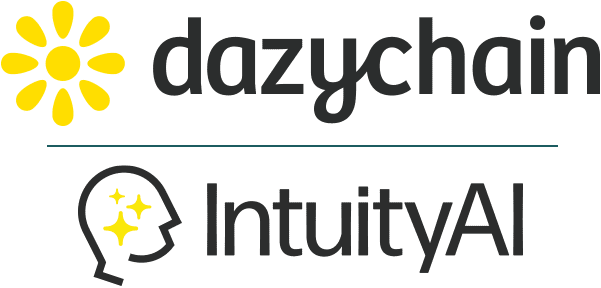The future is data-driven
Today, businesses are increasingly turning to data to guide operational decisions and improve the bottom line. As data-collection infrastructure becomes more affordable and the volume of information collected increases, demand for analysts capable of making sense of it has grown 57% year on year in the U.S. alone.
Naturally, as the goalposts move from collection to utilisation, industries are working harder than ever to find new and exciting ways to incorporate data into their on-going strategy. Here are a few examples.
1. UNDERSTANDING THE CUSTOMER JOURNEY
Empowered marketing teams are now, more than ever not afraid to dive into the data-pile to not only understand what drives or motivates a transaction, but to puzzle out the entire customer journey from the first ad impression to the first bill. Determining the length of the marketing and sales process can provide valuable insight into scalability.
2. AUDIENCE BACKGROUND
How do you track down your ideal customer? New data platforms are designed to comb through the digital footprint of your existing customer base to determine specific points of interest that can be useful in identifying future sales opportunities. This can include average age, career title, median income and location.
3. WORKPLACE MANAGEMENT
As the definition of the workplace evolves and more and more employees choose to work from home or out in the field, how do you tell if your office-space is being used adequately? Some nifty companies have begun creating sensors so small that they fit into light globes, tracking heat signatures and reporting on which areas of the office are underused and should be repurposed.
4. PERFORMANCE DRIVERS
One of the more controversial uses for data is performance management. New technology allows employers to ‘gamify’ productivity, gifting ‘badges’ for employees who work through their to-do lists and providing real-time recommendations when the individual has hit a slump. The technology can provide packaged performance reports to management and generate friendly competition amongst colleagues.
Implementing an information-strategy for the first time can seem like a complex task – but the value of the information that can be retrieved and used can only come as a benefit.













